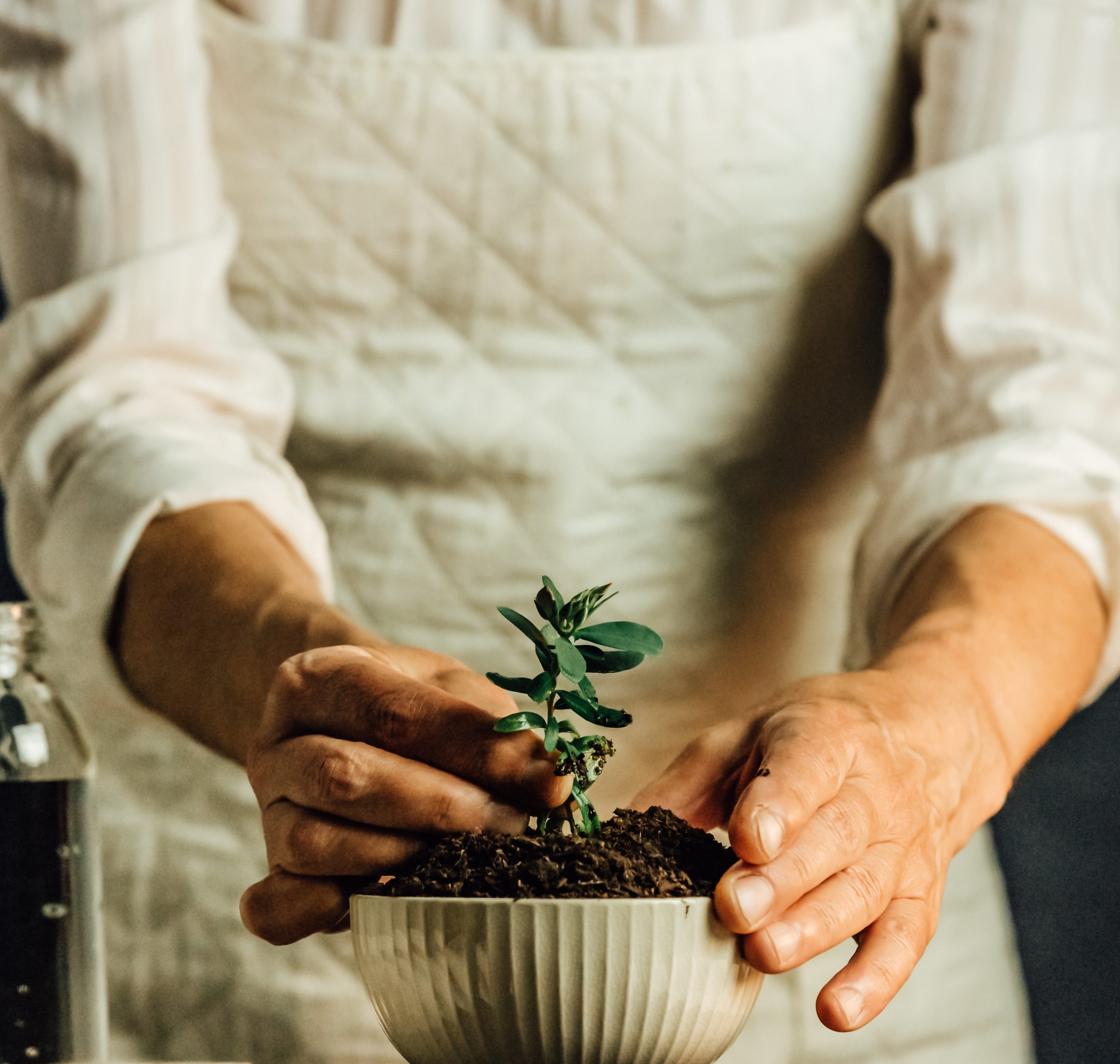Composting is a natural process that involves breaking down organic materials into a nutrient-rich soil amendment. It is an excellent way to recycle food scraps, yard waste, and other organic materials that would otherwise end up in landfills. Composting has numerous benefits for your garden, including improving soil health, reducing waste, and saving money. In this article, we will explore the benefits of composting in your garden.
Improving Soil Health
Composting is an excellent way to improve soil health. The composting process creates a nutrient-rich soil amendment that can be added to your garden beds. Compost is full of beneficial microorganisms that help break down organic matter and release nutrients into the soil. These microorganisms also help to improve soil structure, making it easier for plant roots to grow and absorb nutrients.
Compost also helps to retain moisture in the soil, reducing the need for watering. This is especially important in areas with dry climates or during periods of drought. Compost can also help to reduce soil erosion by improving soil structure and increasing the soil’s ability to hold onto water.
Reducing Waste
Composting is an excellent way to reduce waste. By composting food scraps, yard waste, and other organic materials, you can divert them from landfills. This reduces the amount of waste that ends up in landfills, which can help to reduce greenhouse gas emissions and other environmental impacts.
Composting also reduces the need for chemical fertilizers and pesticides. By adding compost to your garden beds, you can provide your plants with the nutrients they need to grow without relying on synthetic fertilizers. This can help to reduce the amount of chemicals that end up in our waterways and soil.
Saving Money
Composting can also save you money. By creating your own compost, you can reduce the need to purchase expensive fertilizers and soil amendments. Composting also reduces the amount of waste that you need to dispose of, which can help to reduce your waste disposal costs.
Composting is also an excellent way to grow your own food. By improving soil health with compost, you can grow healthier plants that produce more fruits and vegetables. This can help to reduce your grocery bill and provide you with fresh, healthy produce.
Getting Started with Composting
Getting started with composting is easy. All you need is a compost bin or pile, organic materials, and some patience. You can compost a wide range of organic materials, including food scraps, yard waste, and even paper products.
To get started, choose a location for your compost bin or pile. This should be a well-drained area that receives partial sun. Add a layer of organic materials to the bottom of your bin or pile, such as leaves or straw. Then, add your food scraps and yard waste, making sure to mix them together.
You can also add other organic materials, such as coffee grounds, eggshells, and shredded paper. Avoid adding meat, dairy, or oily foods, as these can attract pests and slow down the composting process.
Over time, your compost will break down into a nutrient-rich soil amendment that you can add to your garden beds. This process can take anywhere from a few months to a year, depending on the size of your compost bin or pile and the materials you add.
Conclusion
Composting is an excellent way to improve soil health, reduce waste, and save money. By composting food scraps, yard waste, and other organic materials, you can create a nutrient-rich soil amendment that can be added to your garden beds. Composting is easy to get started with and requires only a few basic materials. So why not give it a try and see the benefits for yourself?




